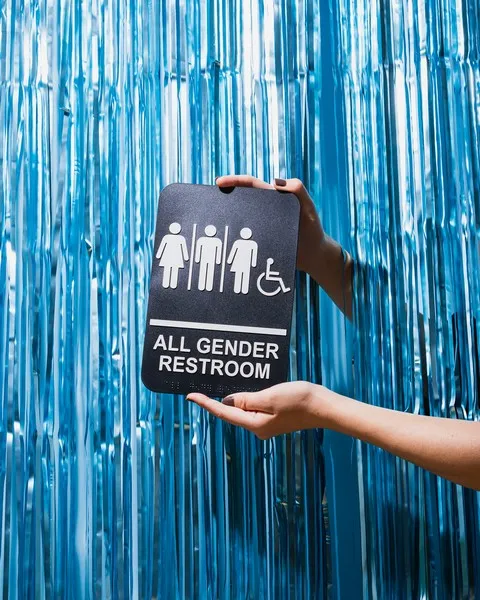Androgyny is a concept in sociology that refers to the combination of masculine and feminine characteristics or qualities within an individual. It challenges traditional gender roles and stereotypes by blurring the lines between what is considered typically masculine or feminine.
In this article, we will outline and explain the concept of androgyny, its significance in sociology, and how it relates to gender identity and expression.
Defining Androgyny
Androgyny is derived from the Greek words “andro,” meaning male, and “gyne,” meaning female. It describes individuals who possess a balance of both masculine and feminine traits, behaviors, and characteristics.
While many people may exhibit some degree of androgyny, it is not limited to physical appearance or biological sex. Instead, it encompasses a broader understanding of gender identity and expression.
Breaking Gender Stereotypes
Androgyny challenges traditional gender stereotypes by rejecting the notion that individuals must conform to strict gender roles. It recognizes that both men and women can possess qualities traditionally associated with the opposite gender.
For example, an androgynous person may exhibit traits such as assertiveness, independence, and emotional sensitivity, which are often associated with both masculinity and femininity. They may also reject societal expectations regarding appearance, clothing, and behavior.
Gender Identity and Expression
Androgyny is closely linked to gender identity and expression. Gender identity refers to an individual’s internal sense of their own gender, whether they identify as male, female, or non-binary. Androgynous individuals may identify as non-binary or may feel that their gender identity falls outside of the traditional binary categories of male or female.
Gender expression, on the other hand, refers to how individuals present their gender to others through appearance, behavior, and clothing choices. Androgynous individuals may adopt a gender-neutral or ambiguous style, combining elements typically associated with both masculinity and femininity.
The Significance in Sociology
Androgyny has significant implications in sociology, as it challenges traditional notions of gender and highlights the social construction of gender roles. It emphasizes that gender is not solely determined by biological sex but is shaped by social and cultural factors.
Sociologists study androgyny to understand how gender roles and expectations impact individuals’ experiences, relationships, and opportunities within society. By examining androgyny, sociologists can gain insights into the ways in which gender inequality and discrimination are perpetuated.
Androgyny and Gender Equality
Advocates of androgyny argue that embracing and accepting a more fluid and inclusive understanding of gender can contribute to greater gender equality. By challenging rigid gender norms, individuals are free to express themselves authentically, without fear of judgment or discrimination based on their gender expression.
Furthermore, recognizing androgyny can help break down barriers and promote understanding between different gender identities. It encourages society to move beyond the binary understanding of gender and embrace the diversity and complexity of human experiences.
Conclusion
Androgyny is a concept in sociology that challenges traditional gender roles and stereotypes. It recognizes the combination of masculine and feminine qualities within individuals and emphasizes the fluidity of gender identity and expression.
By understanding androgyny, we can promote greater gender equality, challenge gender norms, and create a more inclusive society that celebrates the diversity of human experiences.





